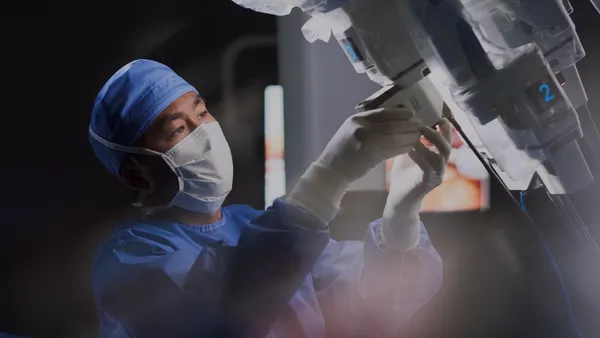One thing regulators, companies and third parties agree on when it comes to the looming EU medical device and diagnostics rules: No one is quite ready yet.
The bloc's new Medical Device Regulation is set to take effect in May 2020 and the In Vitro Diagnostics Regulation two years later. The hurdles are higher, the field of products requiring a CE mark much larger and there is no grandfathering in of legacy products. But regulators are behind in issuing instruction documents spelling out exactly how it all will work.
"We might have a surprise," Michel Marboeuf, senior director for corporate and regulatory affairs at Stryker, said at the MedTech conference in Philadelphia "The system is not totally settled."
In late July, the trade lobby for big medtech companies in Europe called for the European Union to act urgently to ensure medical devices and in-vitro diagnostics can stay on the market when new regulations come into force.
As it stands, the EU is far behind in publishing all the 18 mandatory implementing acts that will detail the standards and specifications with which organizations must comply.
Companies should not assume they'll get extra time, warned Vicki Anastasi, VP for medical device and diagnostics research at ICON, a contract research organization that works with medtech and biopharma companies.
"This is going to happen. Notified bodies are going to get ready… all of the official work is going to be done. You have to plan, to budget. Looking at your post market data to see if it will even be valid — as we watch all of this happen — we can't sit and wait for new updates," said Anastasi. "Start today if you haven't."
At the same time, experts said companies should not overreact. Several noted that the rules did not contain drastic changes, just codification of existing rules.
"We are not reinventing the wheel … [instead] putting in clearly written requirements no longer subject to interpretation," said Ibim Tariah, technical director at BSI Healthcare, a notified body.
John Wilkinson, director of devices at the U.K.'s Medicines and Health Products Regulatory Agency, responded to an exasperated device company official from the conference audience who sought clarity on the EU regulations.
"We apply the regulations – they come about as a result of a political process," he said, alluding to public reaction to controversial recalls.
In Europe, the recall of breast implants made by the French company PIP is seen as among the factors driving the overhaul of EU's regulations. The implants were found to have been made with industrial-grade silicone and the company advised thousands of women to have them removed, causing an uproar and questions about regulatory integrity.
Though Wilkinson stressed that established companies will most likely find the transition easier, he reiterated "no desire to stifle innovation" on the part of regulatory agencies.











